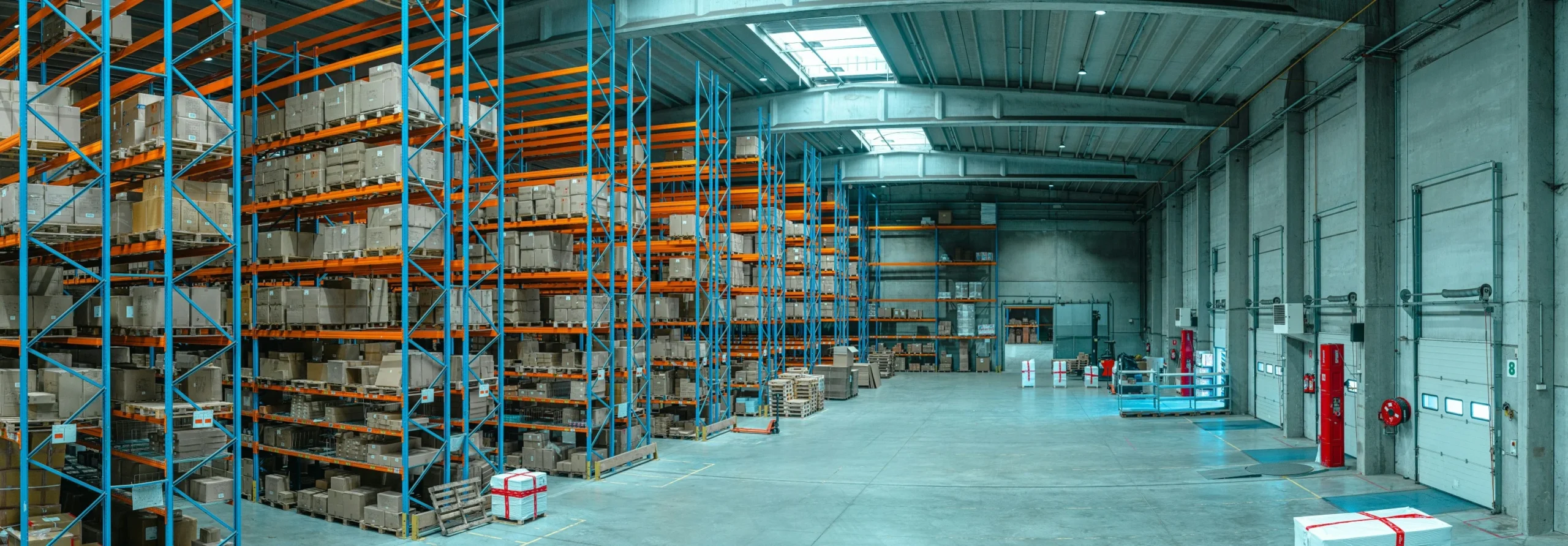Title: Revolutionizing Supply Chains with Blockchain Technology
In today’s interconnected global economy, supply chains play a crucial role in the seamless flow of goods and services from manufacturers to consumers. However, traditional supply chain systems are often plagued by inefficiencies, lack of transparency, and susceptibility to fraud and counterfeiting. Enter blockchain technology—a disruptive innovation with the potential to revolutionize supply chains and address these longstanding challenges. In this blog post, we’ll explore how blockchain is transforming supply chains, enhancing transparency, traceability, and trust across diverse industries.
1. Enhancing Transparency and Traceability
One of the primary advantages of blockchain technology in supply chains is its ability to enhance transparency and traceability throughout the entire lifecycle of products. By recording each transaction or movement of goods on an immutable ledger, blockchain enables stakeholders to track the provenance, location, and condition of products in real-time. This transparency not only fosters trust among supply chain participants but also helps identify and address inefficiencies and bottlenecks more effectively.
2. Combating Counterfeiting and Fraud
Counterfeiting and fraud pose significant threats to supply chain integrity, costing companies billions of dollars annually and undermining consumer confidence. Blockchain technology offers a potent solution to these challenges by providing a secure and tamper-resistant platform for verifying the authenticity of products. By recording unique identifiers, such as serial numbers or RFID tags, on the blockchain, manufacturers, retailers, and consumers can verify the legitimacy of products and detect counterfeit goods with ease.
3. Streamlining Compliance and Regulatory Reporting
Supply chains are subject to a myriad of regulations and compliance requirements, ranging from product safety standards to environmental regulations. Traditional compliance and reporting processes are often cumbersome, time-consuming, and prone to errors. Blockchain simplifies compliance by providing a transparent and auditable record of regulatory compliance throughout the supply chain. Automated smart contracts can trigger alerts and notifications when compliance thresholds are not met, streamlining regulatory reporting and reducing the risk of non-compliance penalties.
4. Facilitating Ethical Sourcing and Sustainability
In an era of increasing consumer awareness and demand for ethical and sustainable products, blockchain technology can play a crucial role in promoting transparency and accountability in supply chains. By recording information about the origin of raw materials, labor conditions, and environmental impact on the blockchain, companies can demonstrate their commitment to ethical sourcing and sustainability practices. This transparency not only satisfies consumer preferences but also fosters a culture of corporate social responsibility and accountability.
5. Unlocking Opportunities for Innovation and Collaboration
Beyond its immediate benefits, blockchain technology unlocks a wealth of opportunities for innovation and collaboration within supply chains. Smart contracts, decentralized marketplaces, and tokenization of assets enable new business models and revenue streams to emerge. Moreover, blockchain facilitates seamless collaboration among supply chain partners, allowing for real-time data sharing, coordination, and optimization of processes. As a result, supply chains become more agile, resilient, and responsive to changing market dynamics.
Conclusion: A New Era of Supply Chain Management
In conclusion, blockchain technology holds immense promise for transforming supply chains into transparent, traceable, and trustworthy ecosystems. By leveraging blockchain’s inherent features of transparency, immutability, and decentralization, companies can address longstanding challenges such as counterfeiting, fraud, and compliance while unlocking new opportunities for innovation and collaboration. As blockchain adoption continues to grow across industries, the future of supply chain management is poised for a paradigm shift—one that prioritizes integrity, sustainability, and efficiency in the global flow of goods and services.

Leave a Reply